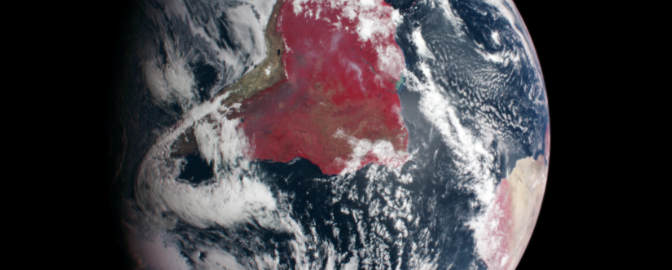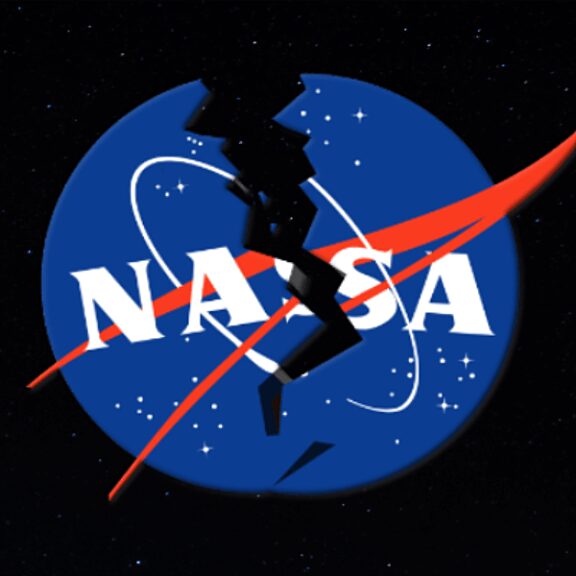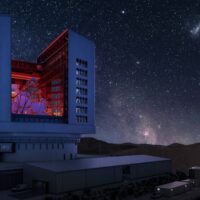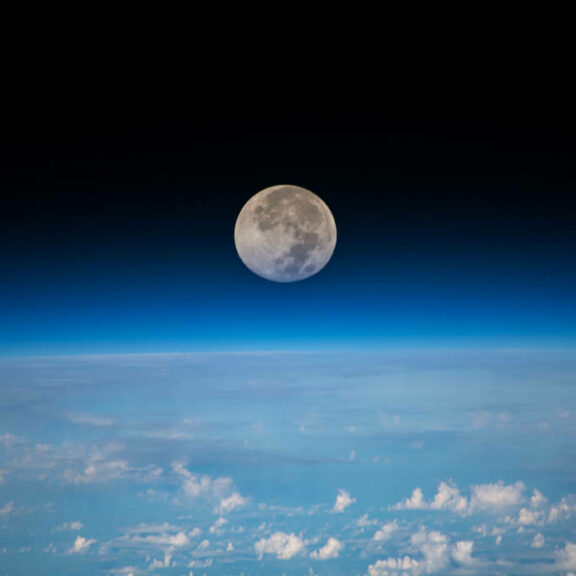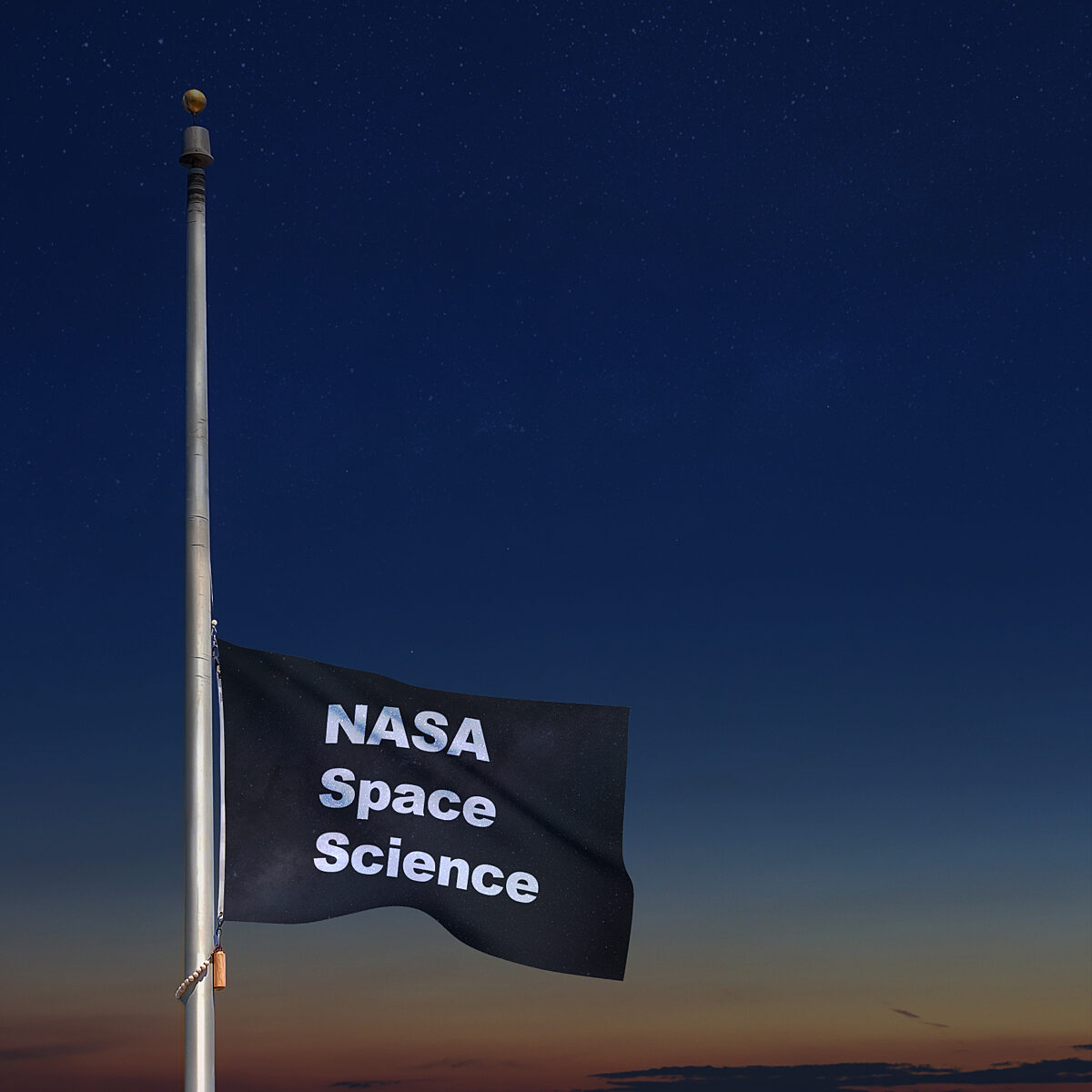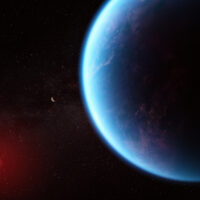Since 2002, Planetary Radio has visited with a scientist, engineer, project manager, advocate, or writer who provides a unique perspective on the quest for knowledge about our Solar System and beyond. The full show archive is available for free.
Search Planetary Radio
Hundreds of advocates joined The Planetary Society and partner organizations in Washington, D.C., to urge Congress to protect NASA’s science budget. Hear from Ari Koeppel, Britney Schmidt, Bill Nye, Rep. Glenn Ivey, Marcel Agüeros, Brandon Jones, and Casey Dreier about this historic Day of Action.
Bill Nye, CEO of The Planetary Society, celebrates his new star on the Hollywood Walk of Fame and joins us to reflect on its meaning. We also receive the latest space policy updates as NASA faces significant budget challenges.
Atlantic writer Franklin Foer joins the show to discuss how NASA enabled the rise of Elon Musk, and, in doing so, sowed the seeds of its own decline.
Star Trek actors Robert Picardo and Tim Russ join Planetary Society staff members Ambre Trujillo and Andrew Pauly at STLV, a “Star Trek” convention, to explore how “Star Trek” inspires real-world space advocacy.
Dr. Bhavya Lal argues that the 2020s are a decisive decade for in-space nuclear power. Without nuclear, humans may never be more than visitors on Mars or the Moon.
New Horizons Principal Investigator Alan Stern joins us to celebrate the Pluto flyby’s 10th anniversary, with updates from planetary scientist Adeene Denton and Planetary Society Director of Government Relations Jack Kiraly. Plus, a look at Arrokoth in What’s Up with Bruce Betts.
Our guest, Mary Guenther, argues that the Democratic Party is ceding leadership in space policy, and how linking space to jobs, supply chains, and climate could help refocus the party’s relationship with the Cosmos.
Alicia Brown from the Commercial Space Federation and Brittany Webster from the American Geophysical Union join the show to discuss NASA’s fiscal year 2026 budget proposal.
The Giant Magellan Telescope advances toward construction with support from the National Science Foundation. Dr. Rebecca Bernstein joins us to explore how this groundbreaking observatory will transform our view of the universe.
Dava Sobel receives The Planetary Society’s Cosmos Award for her extraordinary storytelling about science and discovery. We celebrate her work, hear from Bill Nye, and share updates on space policy and science communication.
Space journalist Sarah Cruddas shares her journey from astrophysics to storytelling, exploring how journalism can make space exploration more accessible and meaningful.
Former NASA chief economist Akhil Rao explains why NASA needs economic expertise to navigate the complex — and often misunderstood — market forces that will determine the success or failure of its private partnerships.
The Fiscal Year 2026 congressional budget justification for NASA could mark the beginning of a dark age for NASA science. We examine what’s at stake and how you can help advocate for NASA’s future.
We tackle the biggest questions about NASA's value, space exploration, and why public investment matters. Join us for a Q&A with Casey Dreier and Ambre Trujillo, and a space policy update with Jack Kiraly.
Explore the atmosphere of TOI-270 d with planetary geochemist Chris Glein as he unravels the secrets of this distant sub-Neptune using JWST data and geochemical modeling.
No one person knows how to build a spaceship. What happens to NASA’s collective knowledge when thousands of employees lose their jobs?
Astrokobi joins Sarah Al-Ahmed to explore the rise of a new generation of space communicators. Plus, updates on NASA’s science budget and the confirmation process for the next NASA administrator.
NASA's science programs face a proposed 47% budget cut. We break down what's at risk and how you can take action to help protect space exploration.
The space sector is data-rich but insight-poor. Jack Kuhr of Payload talks about how he turns raw numbers into real narratives.
Join Sarah Al-Ahmed and Casey Dreier for a special live recording of Planetary Radio at the Johns Hopkins University Bloomberg Center in Washington, D.C., immediately following The Planetary Society’s Day of Action.


 Explore Worlds
Explore Worlds Find Life
Find Life Defend Earth
Defend Earth